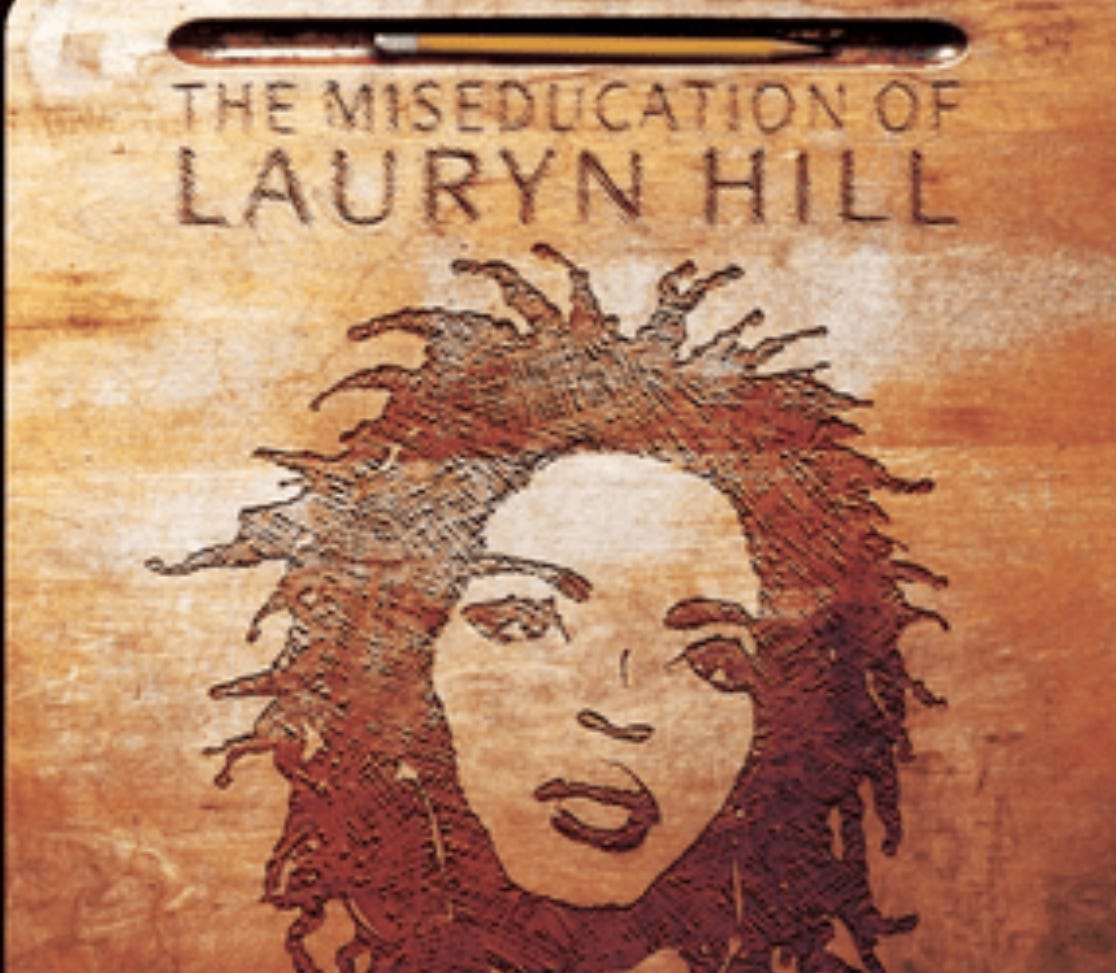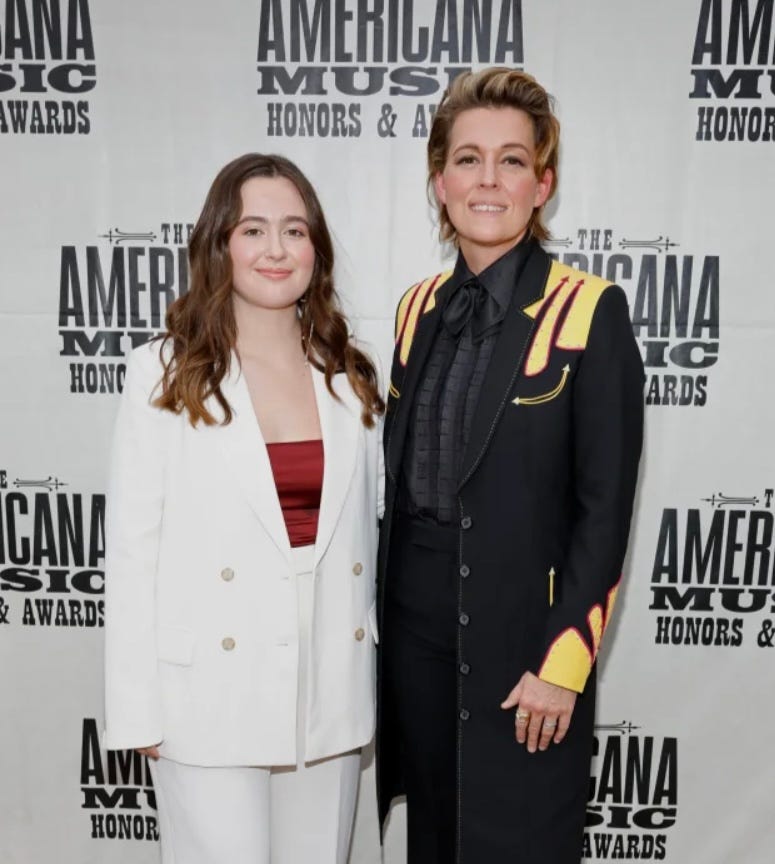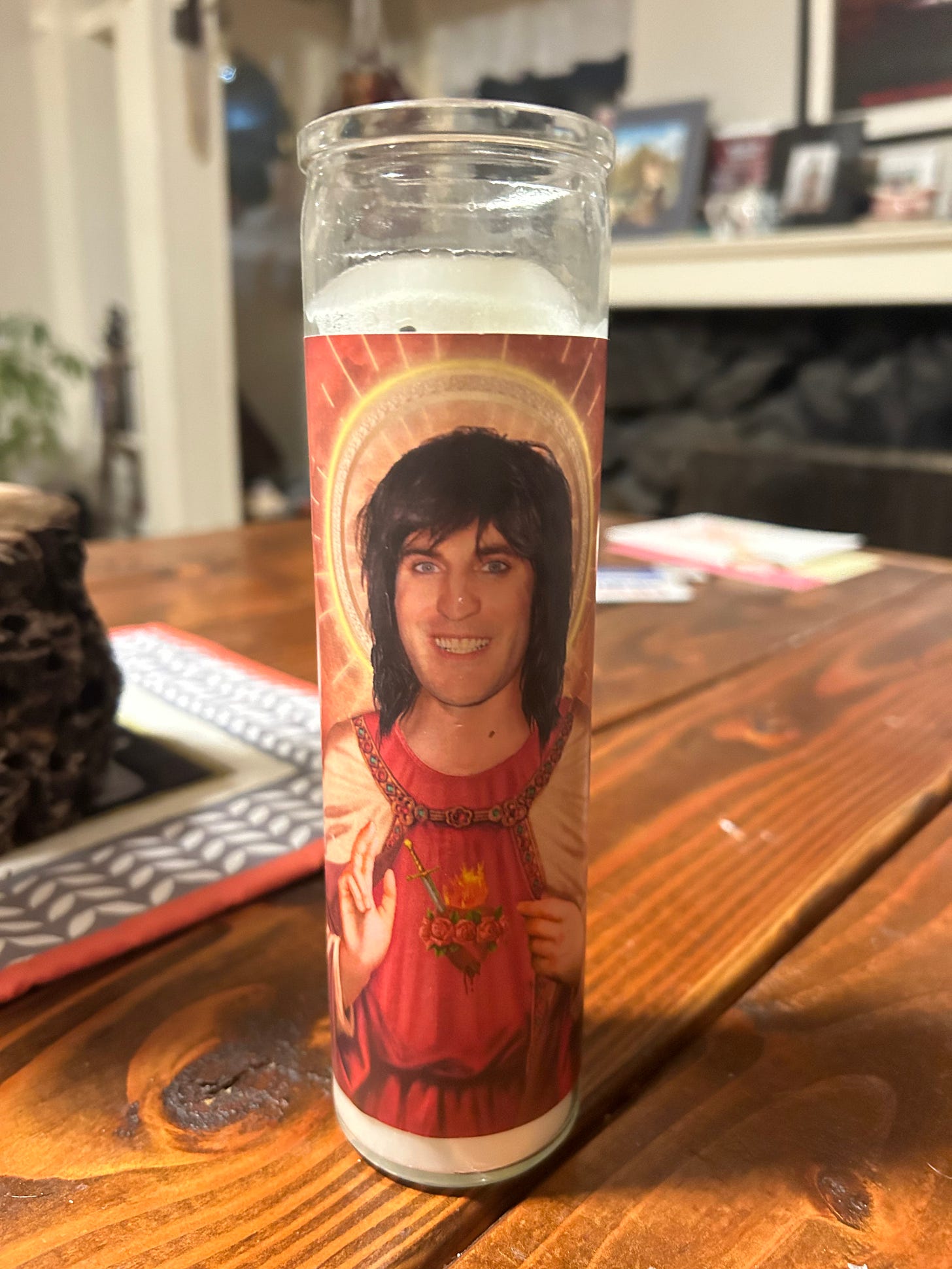Welcome to Pocketful of Prose, a community for sharing stories. Thanks for being here. As always links are in bold, and there’s an audio of this pocket if that works better for your life. I’m so grateful for this growing community of readers and storytellers. This Tuesday is my birthday, and in celebration of 45, I’m offering a special $45 a year/$4 a month rate for Pocketful of Prose. All October paid subscriptions will go directly to Hurricane Helene support. Thank you to Sara by the Season, Nena Veteto and Katharine Becket Winship for helping me figure out how to help.
In celebration of 45, here’s a special $45 a year/$4 a month rate to Pocketful of Prose

Without further ado, today’s pocket.
I was a little under the weather this week, which wasn’t great, but it meant I got to take a few old-fashioned sick days and lay around at home watching the latest season of The Great British Bake Off, which was pretty great. If you haven’t seen the show, twelve amateur bakers compete for the title of best baker. I love the show because it combines so many of the things that I love…baking, gardening, creativity, and the sharing of stories. The bakers bake in an outdoor tent set up in Welford Park in Berkshire, England. Their pastel pink and blue mixers are set before a backdrop of lavender, roses and waxwings. It is a total dream. The contestants compete in three challenges, where they make delicious treats that often highlight some aspect of their identity. For example, one of the participants made a puppet show theater about a little biscuit boy who didn’t quite fit in and traveled on a journey until he came to a biscuit wonderland and found his sense of belonging. Adorable right?
Each challenge has a time limit, and this is where the pressure comes in. When time is up, the bakers must present their work to the judges and await feedback. The Great British Bake Off has two judges, Paul Hollywood and Prue Leith. Prue is a little kinder than Paul, or perhaps her delivery is just kinder, but neither one beats around the croque-en-bouche. They don’t sugar coat their feedback when they don’t like something. They are clear when something lacks flavor or is dense or flat. The bakers often bite their lips at this point. Some even start to cry. It’s a bit heart wrenching.
Feedback is a bit heart wrenching. It is hard to give, and it is harder to receive. Fortunately for The Great British Bake Off and for the contestants, the show has two hosts, in addition to the judges, and their job, from what I can tell, is basically just to make everything better. This season’s hosts are Noel Fielding and Allison Hammond. Unlike Paul and Prue, these two are never critical. They are the built-in emotional support of the show, supplying not only laughs but a shoulder to cry on.
I imagine what it would be like to give feedback with Noel and Allison at my side. I could tell a student where things weren’t working in their paper, and Noel would make a goofy, weird joke or break something as a diversion. Allison would be at the ready with a giant hug saying, “Don’t get upset, babe…We can get through this. How can I pick you back up? Should we have a dance? Should we have a sing?” Everyone would leave feeling more whole.
As a teacher and instructional coach, I give lots of feedback. Usually that feedback is given to people who I have built relationships with, but sometimes I’m in a situation where I’m giving feedback to people I don’t know very well.
Sharing writing is vulnerable and scary. I see the looks of fear on the baking contestants’ faces as they present their creations to Paul and Prue, and I recognize those looks. They have plated their hearts, and they are hoping the judges will be tender with them. I see this same look on my students’ faces when they present their work to me. I don’t have Allison or Noel to soften things, but I try to make everything feel less scary. Before I share feedback, I tell my students about my dog or something silly that happened to me that morning. I want them to relax, so they will allow me to read their paper, so they will be in a place where they can receive my feedback. I’ve gotten better at this over the years. We laugh and joke through their papers. They walk off with a better version of their writing and a more optimistic view of what a writing conference can be like, and I’m looking at the back of their head before I realize I have failed to share with them the most important thing about feedback…
Which is… that you don’t have to take it.

Let me back up the train here. Writing is revision. I believe this to be true. Being a good writer depends on your ability to embrace and use the feedback of others.
However, it is important to remember who is driving the train.
I regularly meet with a writing group who gives me feedback on my writing. They tell me what they love about my work, and it helps me return to the message I’m trying to convey. They share their confusions, their questions, their wonderings, the places they get stuck, and it helps me find a clearer path forward. They are the kiln from which my work emerges, refined, pure, ready for the next step.
During one meeting with my writing group, both of my friends suggested that I break up a longer chapter into two chapters. I sat with their advice for a long time. I was able to use their questions and confusions to clarify and connect what felt broken, but in the end, I decided not to take their advice.
Feedback should tell you something about your work that rings true, it should point to things you already knew, but just didn’t realize you knew or hadn’t fully formulated yet. It should get you closer to a truer more meaningful version of your work. No one knows your work like you do, and no one is better equipped than you about which feedback to embrace and which feedback you can kindly toss in the discard pile, or the rubbish bin as they say in Berkshire. Yes, even feedback can be Marie Kondo-ed.
When I told a story on stage for the first time, I was assigned a coach. Bruce was a journalist and respected writer, and he gave me lots of feedback on my story about my first year of teaching, lots of good feedback. Think about this mentor teacher you are trying to tell us about, and show us who she is. See if you can find any pictures of her. What does she look like? Dress like? How can you make her come alive for us? Without this feedback, I don’t think the image of my former mentor would have crystallized.
But Bruce also had a version of my story in his mind, an understanding of my story that was different from my own. To appeal to the audience, he wanted me to capitalize on the chaos. There was a small scene in my story where my students threw cheerios at one another. Bruce wanted me to zoom in on this scene, to blow it up, make it the center of everything, because it was crazy and funny, and because zooming in on scenes can make for really good writing. I bet if Bruce was telling the story, he would make this scene utterly hilarious, but the thing was, he wasn’t telling the story, I was, and I didn’t want to turn a story that was so important to me into a punch line. I wanted my story to be more than just a scene about things going awry in the classroom, that happened every day. I wanted to share my journey… my sincere optimism, my shear cluelessness, and my transformation which was only possible because of the support and grace of mentor teachers and some amazing students.
Bruce also told me to ditch the singing. I had worked a lyric into my story from The Miseducation of Lauryn Hill to place me in my 21-year-old body over twenty years ago. “That Thing, That Thing, That Thing…” Singing those lines brought me back to where I needed to be. It calmed my nerves, and it sounded good. Bruce, though, didn’t understand how it fit. “Let it go,” he said.
I was deflated. Allison Hammond would never suggest such a thing, but I didn’t have her or Noel to help me digest the feedback. Fortunately, I did have Dan and Anna, who reminded me to trust myself. It’s a really good idea to have some people in your life who remind you to trust yourself. “Leave it in,” they said. “You’ll be great,” and I was.
One of my favorite new young artists is Tish Melton. In a behind the scenes conversation about her new EP, she shared how she had a vision for “Sober,” my favorite song on her album. She knew what she wanted, but none of her collaborators, including Brandi Carlile, could see or understand what she was talking about. Imagine how hard it would be not to take Brandi Carlile’s advice on song writing. When Paul and Prue share their feedback to the baking contestants, it goes unquestioned. Prue has 13 honorary degrees, so when she talks, the bakers shut their pie holes, which is exactly what I would do in Prue’s presence. If Ann Patchett gave me feedback on my writing that I didn’t agree with, I’d probably just let her drive the train, but Tish held onto the wheel. She believed in her ideas enough to fight for them, and because of it she created something incredible that was straight from her heart.
It's important to know when to let go, but it’s also important to know when to hold on.
When it comes to feedback, be open and receptive, but trust yourself.
Bake your cake. Drive your train. Sing your song.
In celebration of 45, here’s a special $45 a year/$4 a month rate to Pocketful of Prose
I would love to continue this conversation in the comments. What resonates with you today? What is the best feedback you ever received? What is the worst? Who would you surrender the wheel to? Most importantly, who are you rooting for in this season’s The Great British Bake Off?









I found my thoughts returning to the idea that not all feedback needs to be followed…I need to remember this when my spouse gives me feedback about how to do a task…or when I give him undoubtedly helpful tips about how to do some project…🙄
Mary-thank you for this pocketful of reminders. I love all the threads of relatability in this piece.
And happy birthday!! Hope you can bask in the glow of the beauty and love you shared this year! 💗